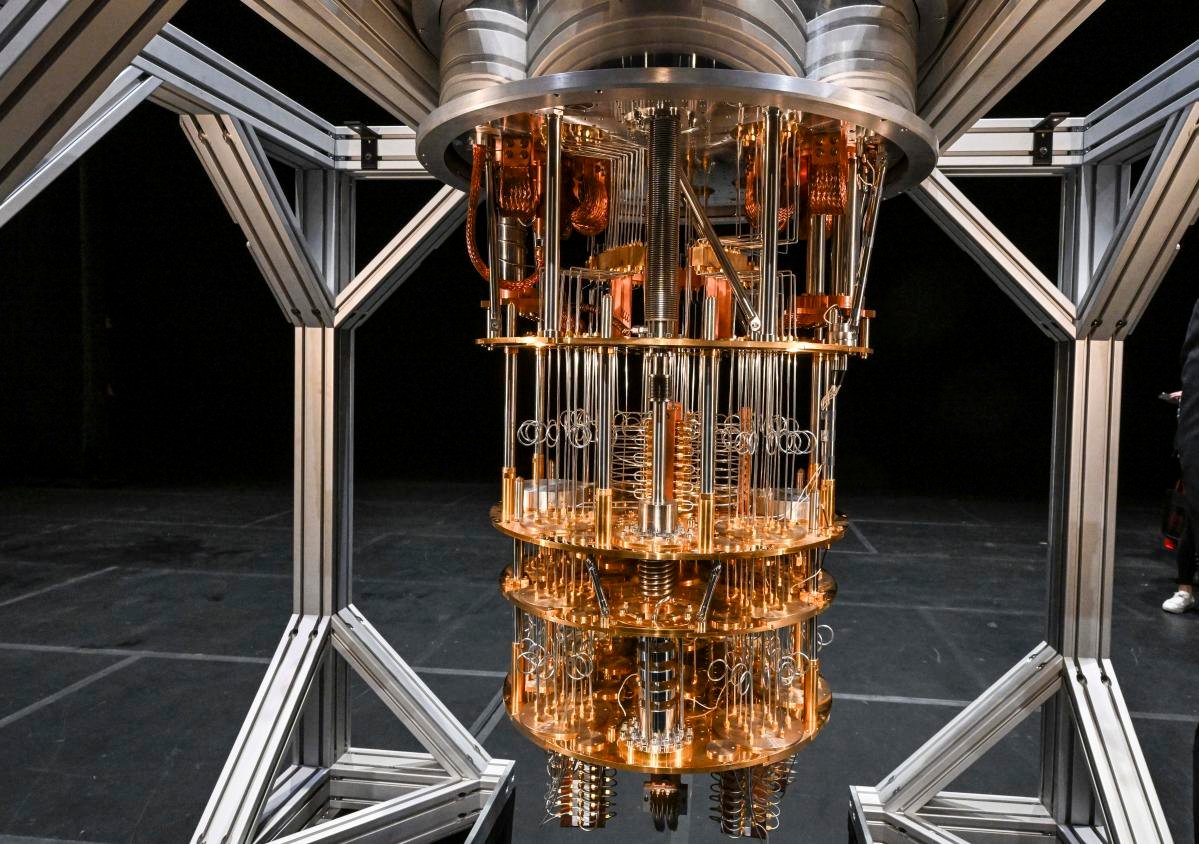Apple (AAPL) is ratcheting up the security of its iMessage app to protect users against future attacks by high-powered, nation-state hackers. The company says it is updating the security protocol behind iMessage to combat attacks using quantum computers.
According to Apple, while it’s difficult to break the company’s current encryptions using conventional supercomputers, quantum computers could make cracking those encryptions child’s play. To that end, the company is introducing what it calls its PQ3 cryptographic protocol, a new form of encrypting users’ messages that will exist alongside Apple’s existing encryption tools.
The reason for the move, Apple says, is to prevent what are referred to as “harvest now, decrypt later” attacks. The idea is relatively simple: Sophisticated attackers suck up encrypted data, whether that’s a person’s texts or government secrets, with the hope of decrypting that information in the future when quantum computers become powerful and reliable enough to do so.
Quantum computers are fundamentally different from the supercomputers in use today. Conventional supercomputers perform calculations using binary code, which is made up of strings of 1s and 0s that systems translate into everything from YouTube videos to the webpage you’re reading this on.
Quantum computers, on the other hand, process data using what are known as qubits, which can be made up of electrons and protons and can exist as 1s and 0s at the same time. They’re also capable of processing the kind of calculations that would overwhelm a traditional supercomputer.
You might have seen a quantum computer in an article or two displaying its intricate collection of cooling pipes that help keep the system hovering just above absolute zero, which allows for the use of superconductors.
But quantum computers aren’t exactly available at your local Best Buy. The systems are generally used by major tech firms — IBM (IBM) has famously been working with the technology for years — and government agencies.
What’s more, quantum computers aren’t as reliable as conventional supercomputers. But security experts fear when they reach a certain level of power and reliability, they’ll easily cut through traditional encryption methods.
The day when quantum computers can break those encryptions, which protect everything from our messages to national security secrets, is referred to as “Q-day,” and while there’s no firm agreement on when it will occur, many believe it will happen in the coming decades.
Apple is banking on Q-day coming sooner than later and is working to ensure iMessages are protected. Importantly, Apple says there are no motivating factors behind the move to roll out quantum computing protections. Rather, it’s a proactive move designed to upgrade the app’s overall security posture.
Daniel Howley is the tech editor at Yahoo Finance. He’s been covering the tech industry since 2011. You can follow him on Twitter @DanielHowley.













Got a Questions?
Find us on Socials or Contact us and we’ll get back to you as soon as possible.